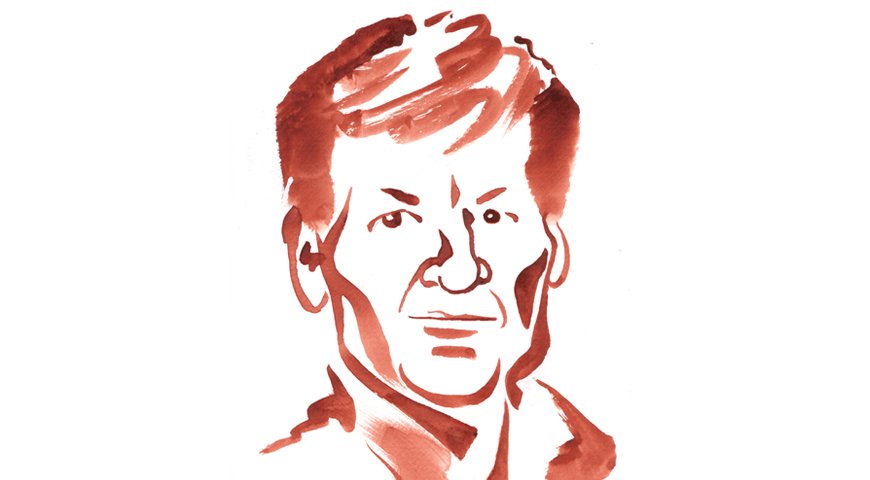Michael Lewis first entered popular consciousness in 1989 with Liar’s Poker, the story of his short-lived stint as a bond trader at Salomon Brothers.
Fourteen books later, Lewis may be the country’s foremost financial chronicler. Most recently he is author of The Big Short, a witty and insightful exploration of the subprime mortgage debacle. October brings the release of his latest, Boomerang: Travels in the New Third World, which looks at the financial crisis overseas.
Q: BOOMERANG IS BASED ON A SERIES OF ARTICLES YOU WROTE FOR VANITY FAIR. WHAT UNITES THEM?
A: When I started working on The Big Short, I ran across a Dallas hedge fund manager named Kyle Bass who laid out for me what the second act of the credit crisis was going to be, given that the first act was governments swallowing the bad loans that banks had made all around the world. He had started in his own positioning with Iceland, so I went to Iceland. And it was so weird and so different from the American story that I thought, you could go around the world and see how this same event—the temptation of cheap, indiscriminate credit—led to different sorts of behavior in different societies.

WHAT HAPPENS IN THE NEXT PHASE OF THE CRISIS?
Maybe you’ll have society deciding it’s going to change its behavior. Now, ordinary people don’t believe that there’s a problem—that entitlements need to be brought under control and tax rates should go up. What would make them believe it? A certain amount of pain. The Federal Reserve has been fantastic at minimizing the pain. But when you minimize the pain, you minimize the possibility of political change.
THIS IS OUR POWER 100 ISSUE. WHO DO YOU CONSIDER THE MOST POWERFUL PEOPLE IN FINANCE RIGHT NOW?
Ben Bernanke is going to go down as a great American hero. I don’t agree with all his views, but Jamie Dimon is a great leader. Totally ballsy. And I think Obama’s going to wind up looking pretty good. Right now may be a low moment, but he’s got the qualities.
HOW IS WALL STREET TODAY DIFFERENT FROM THE LIAR’S POKER ERA?
Up to the crash, it had become more and more and more like it was. More and more about proprietary trading. More about exploiting customers.
AND LOOKING FORWARD?
The banking side, the advisory businesses, is going to rise compared to the trading businesses. The trading environment will continue to become more and more competitive, with smart people moving into hedge funds. The kids coming out of Harvard, Yale and Princeton aren’t going to be at Goldman Sachs, they’re going to be at Kyle Bass’ hedge fund.

IS THAT GOOD OR BAD FOR THE COUNTRY?
I keep hoping Americans will wake up and realize that all investment advice is overvalued, that the genius who can predict where markets can go doesn’t exist—or if he does, you can’t afford him. I don’t take any interest in managing my own money. It’s just kind of sitting there, indexed.
YOU’VE WRITTEN ABOUT POLITICS AND SPORTS, BUT YOU KEEP COMING BACK TO FINANCE. WHY?
I’ve never been interested in the subject for its own sake. I’ve always been interested in it because others are so interested in it.
YOU LIVE IN BERKELEY, CALIF. DOES THAT DISTANCE FROM WALL STREET INFORM YOUR WORLDVIEW?
I don’t know about Berkeley, but New Orleans, where I grew up, does. I tend to regard most of American life like a Martian might because I come from such a different place, a place where your status arose from who your family was rather than anything you did. The franticness with which Americans acquire status through doing things—making money—has always been a little alien to me.






